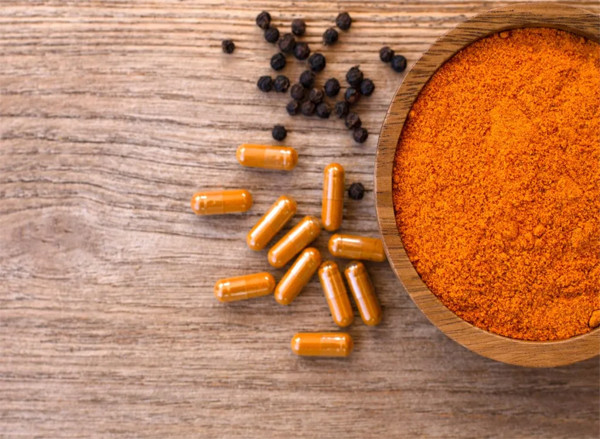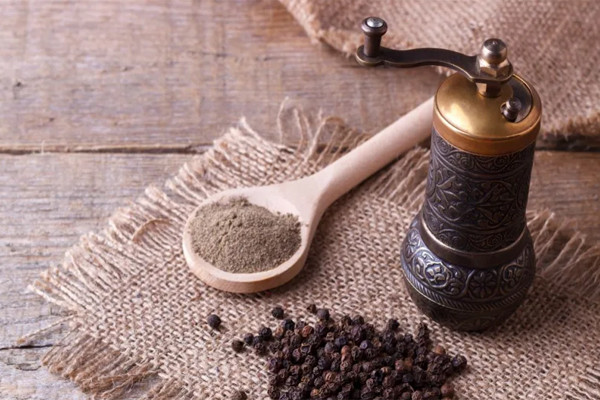Effects and harms of pepper to health
Pepper is a spice that is added by housewives to many dishes, helping to increase the sense of deliciousness thanks to its pungent taste.
Besides the positive effects, pepper has some disadvantages if eaten too often. Nutritionists have given useful advice about this spice:
Helps absorb nutrients

“Black pepper helps better absorption of nutrients like beta carotene (prevents vitamin A deficiency) and iron,” says expert Brittany Dunn.
Combined with turmeric, black pepper improves absorption thanks to the antioxidant and anti-inflammatory properties of both. Turmeric’s main active ingredient, curcumin, offers anti-inflammatory properties.
A study published in the journal Food explained that piperine, the active ingredient in black pepper, is associated with several times the potency of curcumin. This means that the body’s ability to absorb and reap the benefits of turmeric is increased when eaten with pepper.
Dunn also had the opportunity to provide anti-inflammatory support for Olympic athletes. Since black pepper helps the body absorb curcumin, she added the spice in combination with mango and pineapple for an antioxidant boost and appetite boost for athletes.
Lower cholesterol
“Although human studies are limited, black pepper may help lower cholesterol and fight certain cancers,” says Lisa Moskovitz, CEO of the NY Nutrition Group.
In a study published in the journal Pharmaceutical Biology, rats were fed a high-fat diet for 42 days. Black pepper extract has reduced blood cholesterol levels, including harmful cholesterol.
Furthermore, black pepper’s piperine may promote absorption of potentially cholesterol-lowering supplements, such as turmeric.
Antioxidant

Black pepper is not only a delicious kitchen spice, but it also has antioxidant properties that fight the damaging effects of free radicals and inflammation.
“Free radicals are molecules that have one electron or have an odd number of electrons, so they are often unstable and can cause damage to cells,” explains Dr. Dunn. They can form in the body in response to pollution, poor diet, smoking. Antioxidants neutralize free radicals and reduce the risk of cell damage.
However, more research is needed as most trials have been limited to animal subjects.
Acid reflux gets worse
If you have acid reflux or gastroesophageal reflux disease, you should not eat pepper because of the risk of increasing acid in the esophagus.
Spicy foods can trigger reflux, so it’s important to eat pepper in moderation. Or, if your illness is severe, cut out this spice altogether.
An Yen (According to Eatthis)
at Blogtuan.info – Source: vietnamnet.vn – Read the original article here


